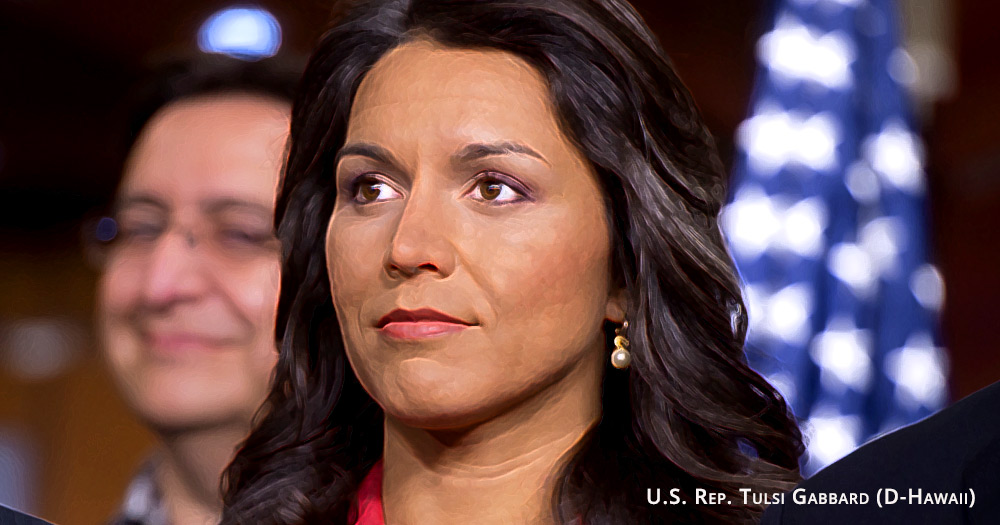The great barrier to educational advance in our time is the federal government. The second great barrier? Your state government. The third great barrier? Your local government.
Proposals to break up government-subsidized and -enforced school monopolies have ranged from tax credit proposals and voucher programs to charter schools and (the biggest success so far) home schooling.
But it may be time to advance something a little . . . more daring. Break the stranglehold of government on dysfunctional schooling.
How?
Apply the “free trade zone” (FTZ) idea to education.
We remember the FTZ proposal because of its rise in popularity amongst academics and policy wonks in the 1980s and 1990s. But the notion is an old one. And in China, where they are called “special economic zones” (SEZs) — and it is this term that is catching on — they have been amazingly successful, the former fishing village of Shenzhen being the most obvious example.
What about America? Take a devastated region, like inner-city Chicago or Detroit,* and simply nullify the regulations and rules. (This probably would require federal enabling legislation on top of state leadership.) With the ensuing freedom and opportunity, entrepreneurs, established businesses and schools, teachers, community groups and activists could cook up new solutions to the oldest schooling problem there is:
actual education.
I’ve heard whispers of this Educational SEZ idea for some time now.
It is time for rational and quite public discussion.
And then the shouting.
This is Common Sense. I’m Paul Jacob.
* Of course, any area could work. The reason to focus on demonstrably failed educational regions is that such areas have lost hope, and thus the politically resistant are likely to give in and allow it.











